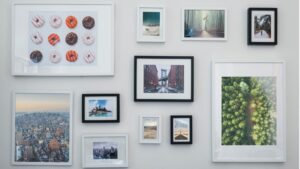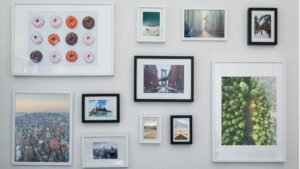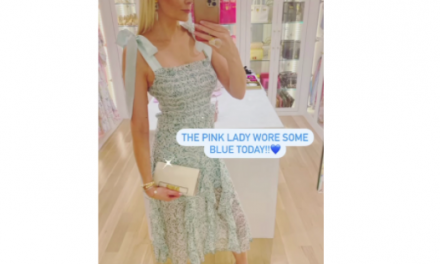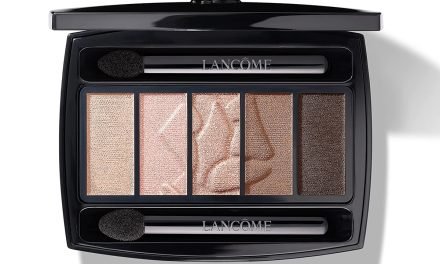
I love daisies. If you ask me to name my favorite flower, a daisy is always my answer. Roses, tulips, and poppies are never mentioned, although I “like” them too. My simple flower choice is always a daisy.
Ask me what my favorite scent is, I will reply sandalwood. My favorite colors are black, pink and turquoise. Estee Lauder Frosted Apricot has been my special lipstick color for years. Yellow highlighters are my preference. I only buy white candles.
Knowing What You Love Is the Beginning
You get the idea. After 60 years of wandering around shops, reading reviews, trial and error, I have figured out what I like. Perhaps you have too. We know that we don’t need more stuff! However, this has not stopped me from buying things so far off that list of select preferences, you’d hardly know the item was for the same person.
Knowing what we love in important purchasing categories makes simplification an easier process and probably one of the reasons that I don’t find downsizing as hard now as when I was younger.
Decisions, Decisions…
For me, simplification starts with that pure process of choice. “Choose wisely,” is the mantra I repeat to myself when I regret having this or that. The challenge is to choose what I love and then most importantly love what I choose. Decision making becomes easier, calmer and more rewarding. The desire to purchase more stuff is defused. Not seeing the choice as denial is the secret.
Images Can Be a Substitute for Things
There are some things, of course, that bring joy in their diversity and eccentricity. I don’t think even Marie Kondo would disagree that we are allowed moments of non-conformity. Also known as making an impulse purchase.
Surely, we are allowed to make the occasional eccentric acquisition. To buy something that lets a newly discovered or secreted quirky part of our personality out. The joy of buying a bright red dress that will hang in a closet in a sea of blue.
Original art is one thing on which I used to spend ridiculous amounts of money – cash that would fund my grandchildren’s education today. Even though I am sure the artist benefited from my investment, I regret those purchases. Today I have a picture of Marc Chagall’s The Wedding on my wall instead of the lithograph that cost thousands.
In a downsized world, there is no physical space for large paintings. Instead, I make collages of postcards that stimulate memory, a feeling, an experience of a place I’ve been. I now select pictures of items that I find intriguing. They stretch across a spectrum.
On my walls, you will find pictures of Greek flowerpot, a turquoise Vespa, a white candle, a purple gypsy caravan, a black bike against an amber wall. You might see a door, river, hill or church. An image that amplifies memories can be more powerful than the “thing” itself.
A decision to use images instead of more stuff allows diversity in my passions and interests, but not in the number of possessions I need to own. I love that simplicity.
Let’s Have a Conversation:
Do you have pictures on your wall of things that you love but do not own? What do they represent to you? Have you considered this type of conversion – from real item to an image?





